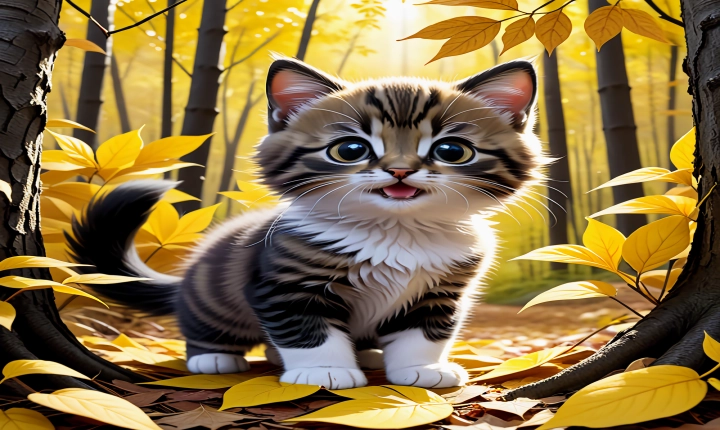Title: Can I Put AI Into a Camera? The Future of Artificial Intelligence in Photography
In recent years, the integration of artificial intelligence (AI) into various technological devices has revolutionized the way we interact with the world around us. One industry that has been particularly impacted by AI is photography, where the incorporation of AI has transformed the capabilities and functionalities of cameras. With the advent of AI-powered cameras, photographers and enthusiasts have seen significant advancements in image processing, recognition, and automation, raising the question – can I put AI into a camera?
The answer is a resounding yes. AI has rapidly made its way into the world of photography, providing a range of innovative features that enhance the user experience and streamline the photographic process. From intelligent scene recognition to automated adjustments, AI has opened up a new realm of possibilities for photographers at all skill levels.
One of the most prominent applications of AI in cameras is in the realm of image processing. AI-powered cameras can analyze scenes and optimize various parameters such as exposure, contrast, and white balance to produce high-quality images. By recognizing different types of scenes and adjusting camera settings accordingly, AI technology helps photographers capture stunning photos effortlessly. Furthermore, AI can also assist in reducing noise, enhancing details, and improving overall image quality.
Additionally, AI can enable cameras to recognize and track subjects, making it easier to capture sharp, focused images of moving targets. This can be particularly useful in sports, wildlife, and event photography, where rapid and precise focus tracking is essential. Furthermore, AI has the potential to revolutionize the way we organize and manage our photo libraries. By automatically tagging and categorizing images based on content, AI can help photographers locate specific photos more efficiently and also facilitate the creation of personalized albums and photo collections.
Another groundbreaking application is the integration of AI-powered features that aid in creative expression. For example, some cameras offer AI-generated filters, effects, and editing tools that can transform ordinary photos into artistic masterpieces. The ability to apply AI-driven enhancements and artistic styles directly within the camera opens up new creative avenues for photographers, enabling them to experiment with unique visual effects and styles on the fly.
Furthermore, AI can play a crucial role in enhancing the overall user experience of a camera. From voice recognition and control to intelligent assistants that provide photography tips and guidance, AI-powered cameras can offer a more intuitive and personalized interaction. This can make photography more accessible to beginners and provide advanced users with valuable insights and suggestions to improve their craft.
However, as AI continues to evolve in the realm of photography, it is important to consider the ethical implications and potential concerns associated with its widespread integration. Privacy issues, bias in image recognition, and the impact of AI on the job market for photography professionals are all important factors to consider as AI becomes more deeply integrated into cameras and photography workflows.
In conclusion, the integration of AI into cameras has already brought about significant transformations in the world of photography, and the potential for further innovations is immense. The ability of AI to enhance image processing, improve creative capabilities, and streamline the photographic process makes it an invaluable asset for photographers. As AI-powered cameras continue to evolve, we can expect to see even more exciting developments that will shape the future of photography. The advancement of AI in photography is not only a technological triumph but also a catalyst for newfound creativity and accessibility in the world of visual storytelling.
